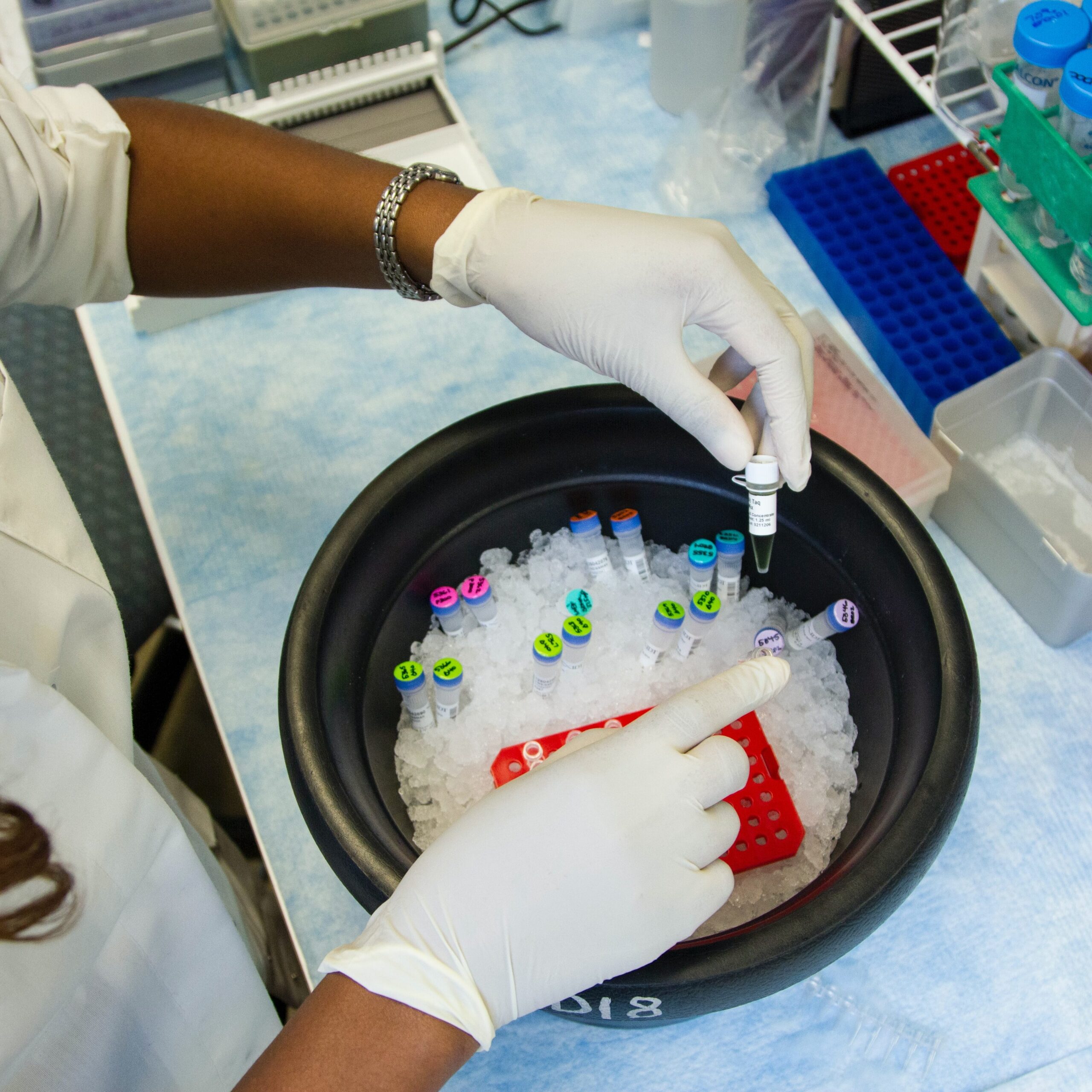Having no knowledge about Neuroscience at the time, I did not expect my experience taking Advanced Placement Psychology to amount to more than an interesting elective. However, I discovered my passion for research through Dr. Volpicelli-Daley, who came to our class to give a presentation about her research on Parkinson’s Disease with mouse models. She invited us to apply for a position as a research assistant in her lab, and I ended up getting the job. I worked with the Volpicelli-Daley research team at the University of Alabama at Birmingham during the summer between my junior and senior years of high school and then again over my gap year before coming to Princeton.
Despite being the youngest member of the lab, I committed to an attitude of growth in which I learned as many methods as possible and often taught myself new techniques that I could apply to my own projects and teach others. Towards the end of my experience, I embarked on my own project in which I researched proteins of interest indicated by a mass spectrometry experiment run years prior. Though similar projects were attempted by past lab members, I was fortunate enough to make significant progress on my project and ultimately design an experiment that suppressed a gene for one of the proteins I found to be significantly different between control and experimental mice. The project is still ongoing, but hopefully we can observe what happens when the gene is knocked down to gain insight into how Parkinson’s Disease works on a molecular level.
Through this experience, I learned many lessons valuable to young researchers such as knowing when to ask for help, organizing collaborative experiments with other researchers, and how to quickly pick up skills even in a field that can ask you to take in what feels like insurmountable amount of information at once. I took on more responsibility than I previously thought I was capable of and had the privilege of collaborating and learning from experts in the field while developing my research and analytical skills. Though sometimes I felt uneducated relative to my peers, I did my best to learn lots about what I was studying through reading papers and mastering lab skills.
My gap year experience gave me the confidence to continue seeking research opportunities here at Princeton, but you don’t need a whole gap year to figure that out. The Office of Undergraduate Research (here) is a great place to start perusing some programs, and you can always just try emailing a professor whose research looks cool–if you’re looking for advice on how to craft the perfect email check out this article. The cool thing about Princeton is that resources and amazing faculty abound, but sometimes jumping into research can be intimidating. Just remember, if you’re a student here then you’re already a great learner and learning research is well within reach.
— Virginia Cobbs, Natural Sciences Correspondant


